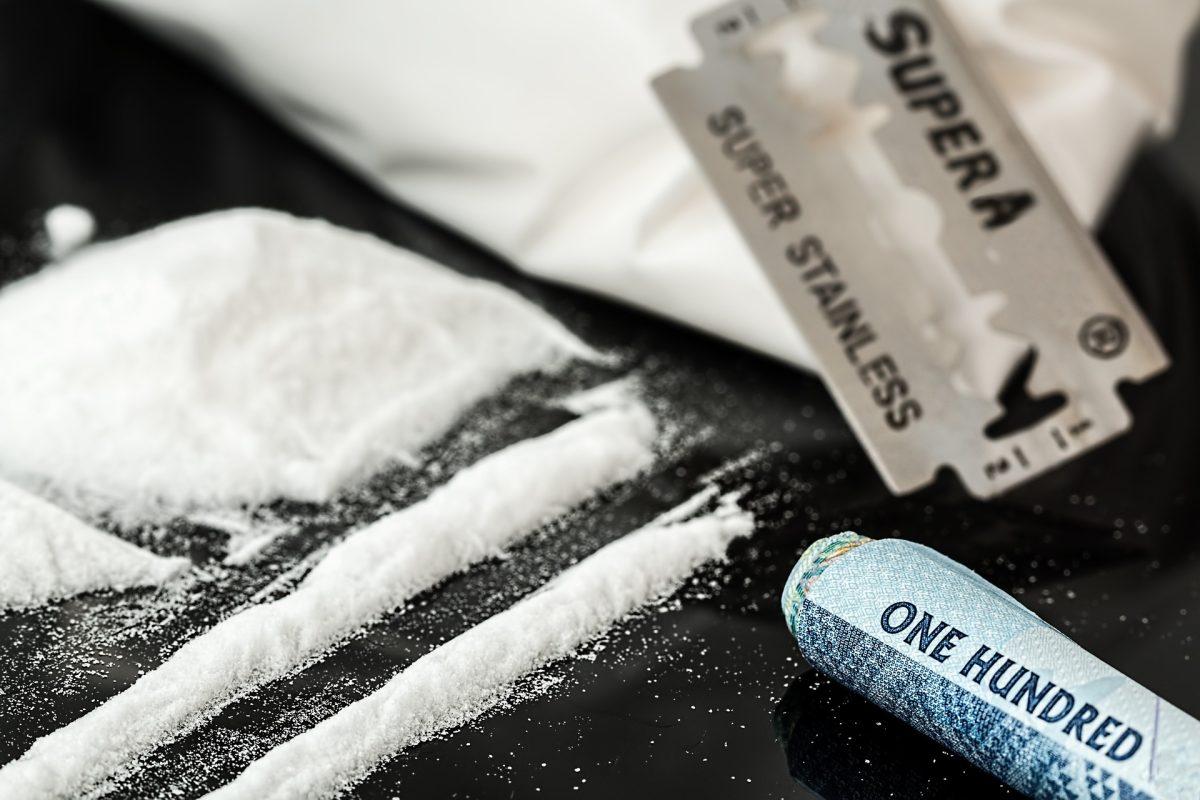By Erik Galicia
As COVID-19 continues to ravage the entire world, another horrific deadly disease has faded into the background, where it continues to thrive.
This seemingly never ending American epidemic emerged long before our current pandemic. It has taken different forms in different decades, but the result has always been the same: jails, institutions and death.
Addiction has destroyed families and taken lives for thousands of years and will likely continue to do so until the human species is no more. We are hardwired for addictive behavior.
That does not mean we can continue to ignore that our approach to addiction is a failure. Drug overdose deaths have increased astronomically in the past 20 years.
According to the Centers for Disease Control and Prevention, overdose deaths increased every year from 1997 to 2017, when 70,237 people died of overdoses. That number dipped in 2018 but rose again to 70,980 last year. Overall, the country has experienced an over 400% increase in overdose deaths since 1997.
This is unacceptable. Society often perceives addicts as low life criminals who are undeserving of any time and effort. What society forgets is that those addicts are sons, daughters, sisters, brothers and parents.
Addiction is a family disease. It is true that at a certain point it is up to the addict to make the moves necessary for recovery and success. But it is up to us as a society to ensure they have the resources necessary for recovery if and when these addicts decide it is time for a change.
It is too late for too many. Granted, with the rise of drugs like fentanyl and the resurgence of heroin, the opioid epidemic promises thousands of deaths in the coming years. People will die regardless of how many services are offered due to the unpredictable nature of each hit.
But opioid overdoses often take place at the physical start of a relapse. A user’s tolerance drops during clean time and attempting to return to active use with a pre-abstinence dose is extremely dangerous.
What are we doing to keep these addicts from reaching that point? Not enough.
The call is not for the legalization of drugs, it is for the treatment of addiction as a medical issue rather than a criminal one. This approach has seen success.
Portugal decriminalized drugs in 2001, becoming the first country in the world to do so. By 2016, its drug-induced death rate was five times lower than the rest of the European Union and was just one-fiftieth of America’s.
The country also heavily invested in mental health services and drug outreach teams that work at ground-level. As a result, Portugal has seen a decrease in overall drug use.
Meanwhile, we continue to see bodies pile up in America. We must consider alternative avenues now in order to give our loved ones a fighting chance.





